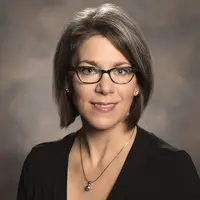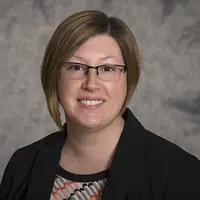Giving patients the right care, at the right time, in the right place may mean that care is best provided outside of the hospital or even outside of the doctor’s office. The Centers for Medicare & Medicaid Services (CMS), in partnership with RTI International, has spent decades developing a program that encourages doctors and hospitals to coordinate care among all of a patient’s providers and to invest in high-quality and efficient health care services.
These groups of doctors, hospitals, and other providers (called Accountable Care Organizations, or ACOs) agree to be accountable for the cost, quality, and experience of care for a specific patient population. Over the past several years, CMS has increasingly focused on moving ACOs to downside risk agreements, where ACOs share in savings if they meet the required quality of care and other program requirements or in losses if they do not.
The success of these efforts is apparent with the announcement last week from CMS that Medicare ACOs generated nearly $740 million in savings to the American taxpayer in 2018.

$ 0 million
in savings to the American taxpayer in 2018
RTI’s work with CMS on the Shared Savings Program helped it grow from 27 ACOs in April 2012 to 518 ACOs in July 2019, which now serve nearly 11 million Medicare patients. With an eye towards further innovation, Medicare and RTI then partnered to develop and introduce an overhaul to the existing program, known as Pathways to Success. This program increases savings for taxpayers by speeding up the path toward downside risk.
Through Pathways to Success, ACOs will have additional tools and flexibility to innovate so they can provide high-quality, efficient patient care. In addition, we believe that these innovations will increasingly allow patients to have a voice and provide the opportunity to partner with providers to direct their care. As a result, we believe a new era of efficient, high-quality patient care is emerging due to the Shared Savings Program.
The RTI project team supporting the Shared Savings Program—the largest alternative payment model that RTI supports—has been at the forefront of development and innovation in the alternative payment model landscape. At least 30% of patients in the traditional Medicare program are now receiving their care from an ACO, and we have been a part of driving that growth in the program. In our work, we have the unique opportunity to assist CMS with analysis that supports future innovation, regulation, and program implementation. At the same time, we are a source of technical assistance and support for established and newly formed ACOs. This puts us in direct contact with the innovative organizations striving to move the bar on efficient health care under Pathways to Success.
If our experiences in 2017 and 2018 tell us anything, it’s that the Shared Savings Program has been successful in saving money for the American taxpayer, especially due to ACOs that have opted for downside risk. With the introduction of Pathways to Success, we expect to see continued savings for patients and more focus on quality throughout our health care system.
Interested in learning more about the different risk models in value-based payment programs? Download our Downside Risk Model Infographic to see the benefits and challenges of each type of risk model.
Contact Us
For more information on the Shared Savings Program, please contact us using the form below.


